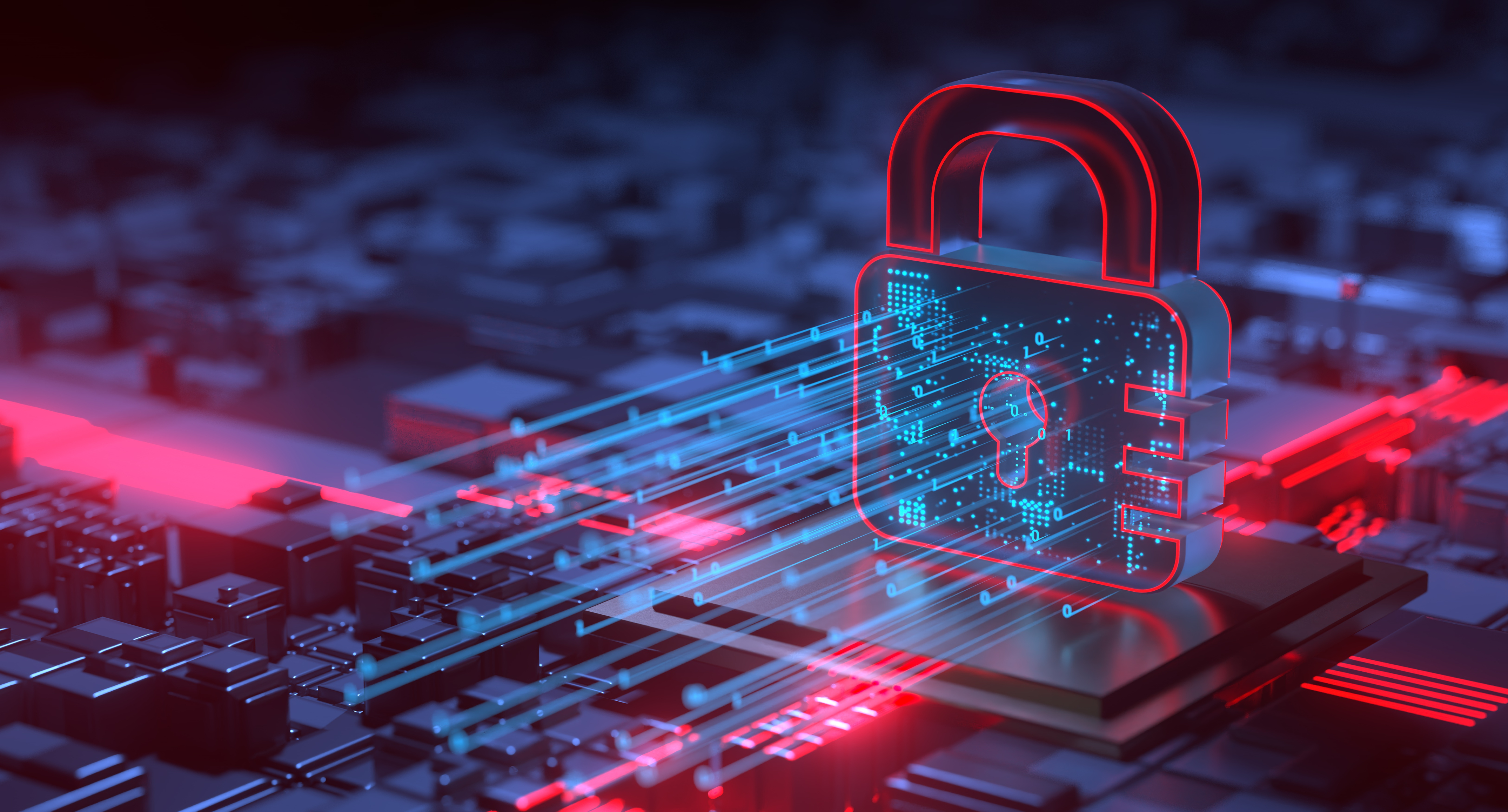The Bernard Rodriguez Journal
Exploring the latest trends and stories in news and lifestyle.
Cybersecurity: The Digital Lock You Didn't Know You Needed
Unlock the secrets of cybersecurity and discover why it's the digital lock you can't afford to ignore! Protect your online life today!
What is Cybersecurity and Why is it Essential for Everyone?
Cybersecurity refers to the practice of protecting computers, servers, mobile devices, electronic systems, networks, and data from malicious attacks. As our reliance on digital infrastructure grows, so does the vulnerability of that infrastructure. Today, individuals and organizations face numerous threats, including malware, phishing scams, ransomware, and data breaches. A robust cybersecurity strategy not only helps to protect sensitive information but also ensures the integrity and availability of systems.
In an increasingly interconnected world, cybersecurity is essential for everyone, from individuals to large corporations. Cyber attacks can lead to severe financial losses, damage to reputation, and even legal repercussions. By implementing effective security measures, such as strong passwords, regular software updates, and employee training, everyone can contribute to a safer digital environment. Remember, safeguarding against cyber threats is not just the responsibility of IT professionals; it is vital for all users to stay informed and vigilant.

5 Common Cybersecurity Threats You Need to Know About
In today's digital landscape, understanding the various cybersecurity threats is crucial for individuals and businesses alike. Among the most prevalent threats is phishing, which often involves deceptive emails crafted to steal personal information. According to studies, about 90% of cyberattacks start with a phishing email. This makes it essential to be vigilant and recognize signs of phishing, such as questionable sender addresses and unsolicited requests for sensitive information.
Another significant threat is malware, malicious software designed to disrupt, damage, or gain unauthorized access to computer systems. Types of malware include viruses, worms, and ransomware, the latter of which can encrypt your files and demand payment for their release. Additionally, businesses face risks from Distributed Denial of Service (DDoS) attacks, which overwhelm their servers to render websites inaccessible. Awareness of these common cybersecurity threats and implementing robust security measures can significantly mitigate risks.
How to Strengthen Your Digital Lock: Best Practices for Cyber Hygiene
In today's digital age, protecting your personal information is paramount, and strengthening your digital lock is the first step in achieving comprehensive cyber hygiene. To ensure your online security, regularly update your passwords, using a combination of letters, numbers, and symbols that are difficult to guess. Employ a password manager to generate and store complex passwords, preventing you from using the same password across multiple sites. Additionally, enabling two-factor authentication (2FA) can add an extra layer of protection, requiring a secondary verification step before granting access to your accounts.
Regularly monitoring your online presence is crucial in maintaining strong cyber hygiene. Use tools that alert you to unusual activity on your accounts or any unauthorized logins. Furthermore, be mindful of the information you share publicly on social media platforms, as oversharing can lead to increased vulnerability. It’s also a best practice to keep your devices and software updated to minimize the risk of exploitation by cybercriminals. By following these essential guidelines, you can significantly strengthen your digital lock and protect yourself from potential threats in the digital landscape.